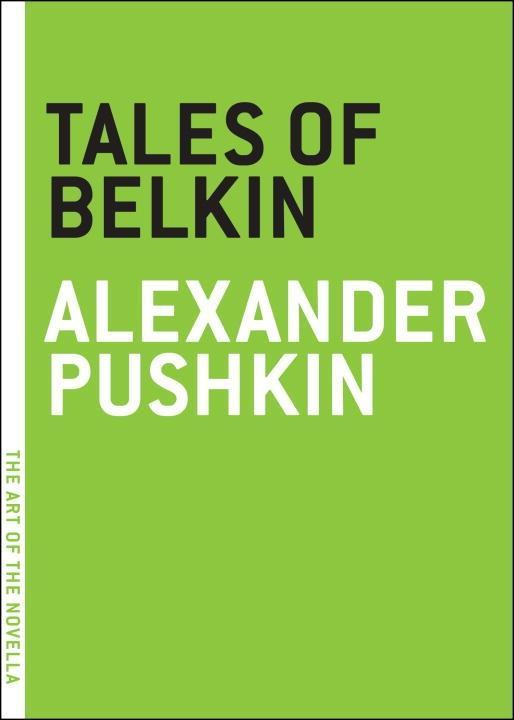
Sofort lieferbar (Download)
Ivan Petrovich Belkin left behind a great number of manuscripts. . . . Most of them, as Ivan Petrovich told me, were true stories heard from various people.
First published anonymously in 1830, Alexander Pushkin's Tales of Belkin contains his first prose works. It is comprised of an introductory note and five linked stories, ostensibly collected by the scholar Ivan Belkin. The stories center variously around military figures, the wealthy, and businessmen; this beautiful novella gives a vivid portrait of nineteenth century Russian life.
It has become, as well, one of the most beloved books in Russian literary history, and symbolic of the popularity of the novella form in Russia. In fact, it has become the namesake for Russia's most prestigious annual literary prize, the Belkin Prize, given each year to a book voted by judges to be the best novella of the year.
It is presented here in a sparkling new translation by Josh Billings. Tales of Belkin also highlights the nature of our ongoing Art of the Novella Series-that is, that it specializes in important although albeit lesser-known works by major writers, often in new tranlsations.
The Art of The Novella Series
Too short to be a novel, too long to be a short story, the novella is generally unrecognized by academics and publishers. Nonetheless, it is a form beloved and practiced by literature's greatest writers. In the Art Of The Novella series, Melville House celebrates this renegade art form and its practitioners with titles that are, in many instances, presented in book form for the first time.
Mehr aus dieser Reihe
Produktdetails
Erscheinungsdatum
14. Juni 2011
Sprache
englisch
Seitenanzahl
112
Dateigröße
1,77 MB
Reihe
Art of the Novella
Autor/Autorin
Alexander Pushkin
Übersetzung
Josh Billings
Verlag/Hersteller
Kopierschutz
mit Adobe-DRM-Kopierschutz
Family Sharing
Ja
Produktart
EBOOK
Dateiformat
EPUB
ISBN
9781612190815
Entdecken Sie mehr
Bewertungen
0 Bewertungen
Es wurden noch keine Bewertungen abgegeben. Schreiben Sie die erste Bewertung zu "Tales of Belkin" und helfen Sie damit anderen bei der Kaufentscheidung.
































